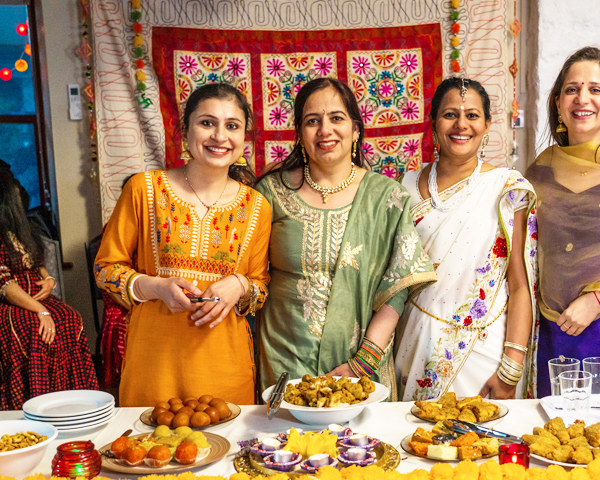
“Let’s Bring Change Together” is a co-designed and community-led project that aims to highlight the issue of family violence, encourage people to talk about it and seek help. The video seeks to educate and motivate members from the South Asian community to have conversations on family violence and promote the importance of feeling safe at home, in the community and within Australia.
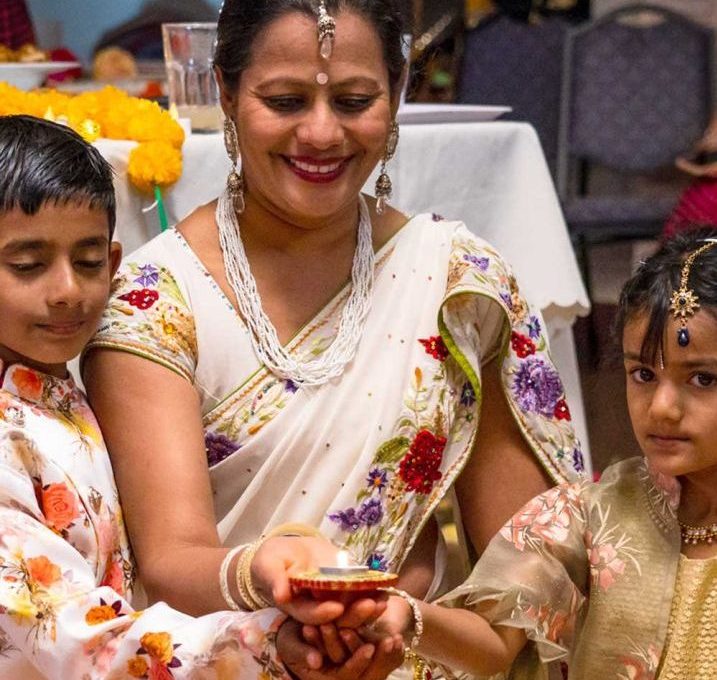
Community Video
DPV Health in partnership with Red Hat Films, worked with 27 community members to design, develop, and produce this video. These community members helped with the key messages, told us what was culturally appropriate and what would resonate best with the community. Scroll below to view videos in English, Hindi and Punjabi.
How you can help if someone you know is experiencing Family Violence.
1. Ask them if they are okay
- It’s best to do this in a sensitive way, one-on-one when their partner is not around.
- Tell them you are worried about them, explain why you are concerned and make it clear that you want to help.
- Don’t be discouraged if the person is defensive or denies abuse is occurring – don’t try to make them talk if they are not ready to, just tell them you are there if they ever need support.
2. Listen
- If the person wants to tell you about what they are experiencing listen to them and believe them without judgement or criticism.
- Help them understand that the abuse is not their fault and that they always deserve to be treated with respect.
- Tell them that admitting to being abused is a hard step, and they are brave for having told someone.
3. Let them know about Safe Steps and other services
The best thing you can do to support someone experiencing family violence is help them explore options to become safe. Safe Steps has specialist family violence response workers who are available 24/7 via phone and online to assist women and children experiencing abuse. Let your friends and family know that they can call the phone line anytime on 1800 015 188 or send them to https://safesteps.org.au/. It’s a good idea to let the person know that there are lots of supports and services available and that leaving an abusive relationship is not something anyone has to do alone without assistance.
4. Offer practical assistance and emotional support
Often people experiencing family violence need practical assistance with small everyday tasks. For example:
- helping them prepare a safety plan
- agreeing to be an emergency contact
- offering to let them stay at your house
- driving them to an appointment
- looking after their children so they have time to visit a lawyer or counsellor
Having the emotional support of a trusted friend is also invaluable, particularly during difficult steps and stressful times. You could offer to accompany the person to the police station to report the abuse, or to court for a hearing, or you could just ensure you are checking in with them regularly to make sure they are ok and have someone to talk to whenever they need it.
Information Brochure
Download the brochure for tips, advice and support services to help you or someone you know.
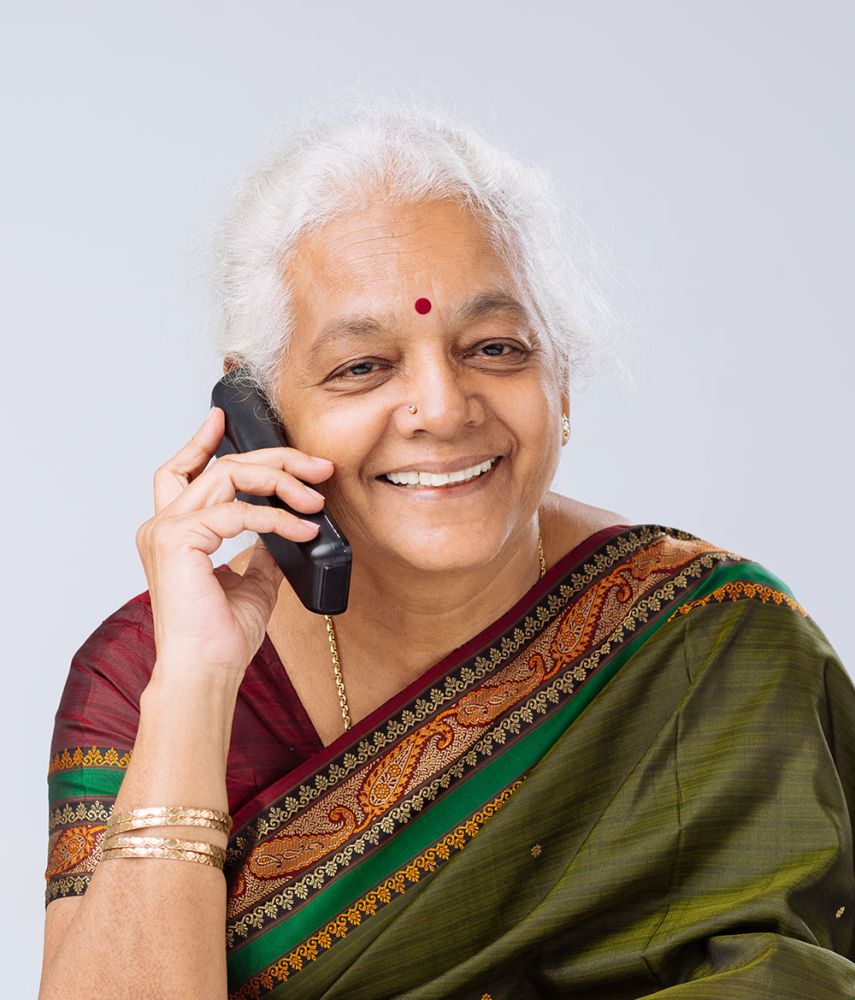
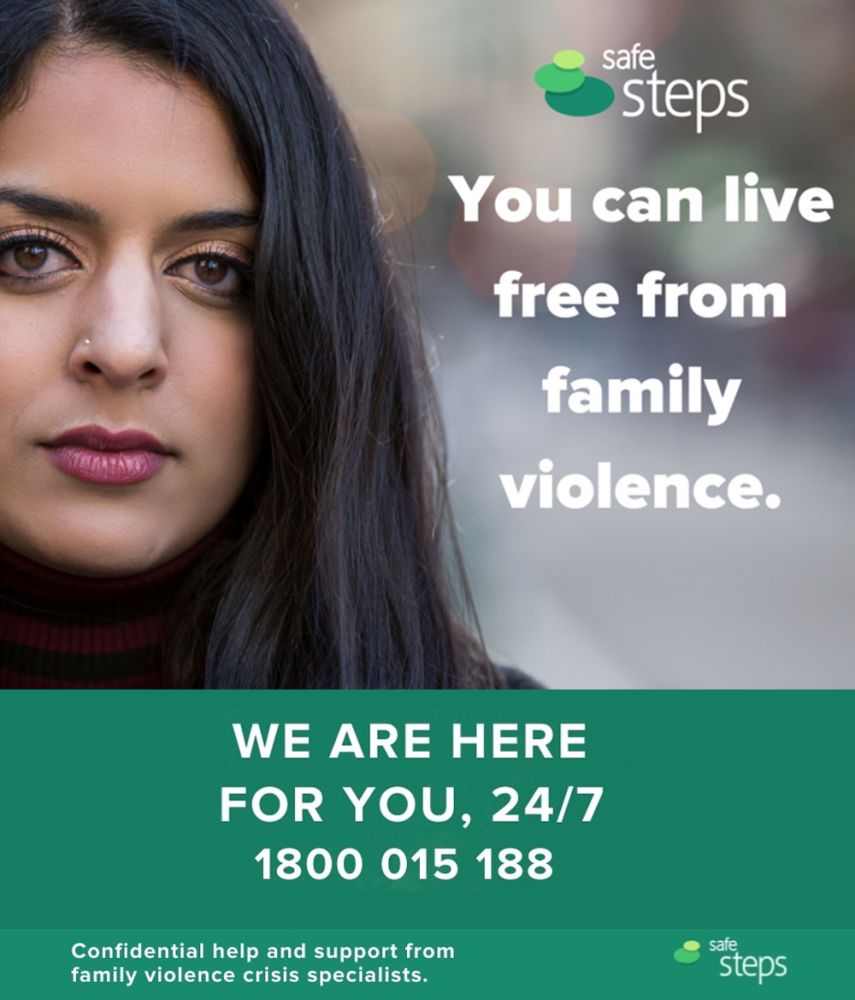
About Family Violence & Support Services
Family violence incident rates have been reported to be the highest in Hume and Whittlesea.
- Between 2019/2020, 4,221 family violence incident rates were reported in Hume and 3,329 family violence incident rates in Whittlesea. Find More Here
- Between 2018/2019, 3,821 family violence incident rates were reported in Hume and 3,139 in Whittlesea. Find More Here
Family violence impacts can differ for each community, some communities can be particularly at risk from family violence due to several complex factors including intersecting forms of discrimination, disadvantage and with limited access to support services. Women from culturally and linguistically diverse backgrounds (CALD) experience a range of barriers to accessing help and support (Family violence Local data and evidence 2020–CoW). Many community members from diverse backgrounds call Whittlesea their home. Between 2018 and 2020 a cluster of South Asian women died by suicide in the City of Whittlesea (CoW). Following a Coroner’s Report into the suicides released in September 2020, revealed a devastating case of both mental health issues and family violence to be precursors to these tragedies. (Broken Bangles, 2020) This highlights the importance of culturally safe service provision, well trusted relationships with South Asian community members and co-design in service planning. (Broken Bangles, 2020)
‘Gender-based violence’ includes all forms of violence against people based on their gender, or violence that affects people of a particular gender disproportionately. It is most frequently used to describe men’s violence against women.
Family violence is any threatening, coercive, dominating, or abusive behaviour that occurs between people in a family, domestic or intimate relationship, or former intimate relationship, that causes the person experiencing the behaviour to feel fear. What is Family Violence?
There are many forms including physical, emotional, financial, spiritual, and controlling behaviours. Find out types of abuse.
Family violence is most often thought of as occurring between intimate partners or immediate relations living in the same home. But family violence can also be perpetrated by someone that you normally live with who is in a ‘family-like relationship’ (such as a carer), or relationships where there is cultural recognition by the community of a ‘family-like’ relationship (such as in Aboriginal communities). What is Family Violence?
1. Controlling Behaviour – when a person gains and maintains power over someone else.
Examples:
- Always wants to know where you are and who you are with all the time
- Tells you what you can and cannot wear out in public or within the house
2. Emotional Abuse – any act that purposely tries to make you feel worthless, makes you question your self-esteem or intimidates you.
Examples:
- Puts you down all the time or criticises you, calls you names, makes you feel like you’re not good enough or can’t do anything right
3. Psychological Abuse – when someone makes you or other people question your sanity or recollection of reality through manipulation and lying.
Examples:
- Makes you doubt your own recollections or tells you things didn’t happen when they did (this is sometimes called gaslighting
- Tells you that you are crazy or have mental health concerns
4. Financial Abuse – when one person uses money or finances to gain power over and control someone else.
Examples:
- Takes out loans or accrues debt in your name
- Controls access to finances, won’t let you access bank accounts or credit cards
5. Sexual Abuse – is any forced or coerced sexual activity by one person to exert power and control over another.
Examples:
- Pressuring someone into having sex or performing sexual acts
- Not using protection when the other person wants to do so
6. Physical Abuse – is the use of physical force to cause fear or harm.
Examples:
- Pushing, shoving, slapping, scratching, biting, kicking, or hair pulling
- Restraining (e.g., pinning someone against a wall or bed)
7. Visa Abuse – when someone in a family-like relationship exploits the fact that another person is without permanent residency or citizenship to exert power and control over them.
Examples:
- Hiding your passport or visa documentation so that you can’t access or use it
- Making threats over access to shared children because of your visa status
8. Technology-facilitated Abuse – is a form of controlling behaviour that involves the use of technology to coerce, stalk or harass another person.
Examples:
- Sending abusive texts, emails, or messages via social media
- Making someone prove where they are by sending photos of their location
Do you feel like something is not right in your relationship?
Are you feeling concerned about someone else’s relationship?
Take these quizzes to find out if there are any red flags that you should be aware of: https://bit.ly/3H0utYj
Signs someone you know is experiencing family violence.
It can be hard to tell if someone is experiencing family violence. Often there are no obvious signs, and the person may not even recognise that what they are experiencing is abuse. However, there are some signs you can and should look out for.
- Has the person become withdrawn from close friends and family?
- Do they seem unusually quiet, lacking in confidence or depressed?
- Does the person say things that indicate their partner is controlling like ‘he doesn’t like it if I don’t let him know where ‘I am’ or ‘he’s always checking my text messages’?
- Does the person talk about their partner being jealous or quick to anger? Have they mentioned their partner getting angry about something small like the house not being clean enough or forgetting to purchase something from the shops?
- Does the person seem anxious, afraid or just not themselves around their partner?
- Does their partner criticise the person in public, calling them stupid in front of friends, family or colleagues?
- Has the person ever indicated that their partner pressured them into doing sexual things?
- Has the person ever said their partner pushed them, restrained them, hit them or was in any way physically abusive?
- Has the person ever had physical injuries, like bruises, broken bones or abrasions?
- If you have asked them about the injuries, have they become evasive, upset, or given unlikely explanations?
Click here to find out how to support someone experiencing family violence?
Don’t criticise or blame
Admitting to experiencing abuse is a big step for anyone, so it’s important that you aren’t judgemental or dismissive. Don’t blame the person for the abuse, don’t say they should be doing things differently; don’t make excuses for the abuser’s behaviour. Instead be calm, supportive and helpful.
Don’t tell them what to do
Don’t make comments like ‘It’s about time you stood up to him’ or ‘You should just leave’. These comments fail to understand the complexity of the person’s situation and can make them less confident in their own decision-making skills. Instead, provide information and help them brainstorm options that could increase their safety.
Don’t pressure them to leave
The person may not be ready to leave or they may have valid reasons for staying in the relationship, such as fear for the safety of themselves or their children if they do leave. Remember: family violence tends to escalate when a woman is preparing to leave or has recently left an abusive relationship. This can be a very dangerous time. Trust that the person understands their own situation, and knows what the safest thing to do is.
Don’t give up on them
On average, a woman experiencing family violence will attempt to leave the relationship seven times before successfully separating. It can be discouraging to see someone you care about return to an abusive relationship, but that doesn’t mean you should cut them off or get angry with them. Instead, reiterate that you want to see them happy and appreciated, and you are willing to support them however you can to become safe. Keep in regular contact.
Looking after yourself
It’s easy to feel overwhelmed or out of your depth when trying to assist someone experiencing family violence. If you need advice or support, you can call Safe Steps 24/7 on 1800 015 188 to talk to a specialist family violence support worker.
Violence can affect anyone, regardless of sex, age, race, sexuality, disability, income, gender, or lifestyle. Data shows that 95% of violence is perpetrated by men, towards other men, women, and children. (1)
DPV Health offer a range of support services and programs for victim survivors as well as perpetrators of family violence. In addition to services such as counselling, psychology, social work and homelessness, as well as the men’s behaviour change program, we offer some specialised services –
Healthy Mothers, Healthy Babies
The aim of the program is to improve the health and wellbeing of mothers and babies by supporting pregnant women who have complex needs or greater health risks because of factors including pregnancy concerns, disability, mental health issues, family violence, drug, or alcohol issues, or who are Aboriginal or Torres Strait Islander or are from a culturally and linguistically diverse background.
This is an outreach case management service covering the cities of Hume and Whittlesea. The program provides a range of options for appointments including home visits, clinic-based and tele-health. Our clinicians help women to create an individual goal-setting plan and work alongside them to meet their needs and goals. Our clinicians also deliver health promotion messages that encourage healthy behaviours. They also assist women to access other health and community services during and after pregnancy.
For more information on the Healthy Mothers Healthy Babies program call DPV Health on 1300 234 263 (select option 4).
The Head to Health service provides treatment, information, and support to people of any age who may be experiencing distress or mental ill-health, and their families, carers, or support networks. The comprises Social Workers, Psychologists, Occupational Therapists and a Peer Worker.
The Head to Health team at DPV Health Broadmeadows provide
1) support to access the right mental health service
2) intervention to people experiencing moderate to severe mental ill health.
For those who are experiencing moderate to severe mental ill health, the Head to Health team provides care in partnership with other key services, health professionals, families, and individuals. This includes shared care between GPs, hospitals, and with social and community services such as housing, justice, education, disability, and employment.
The Head to Health team provides “warm transfers” to services for clients who may be better suited to an alternative service (depending on their level of need) and provide information about their needs before transferring them. Support is maintained for the individual until they are received by the new service.
There is no cost related to accessing service from Head to Health, it is available to all Victorians with or without a Medicare card.
For more information on the Head to Health program call DPV Health on 1300 234 263 (select option 4).
Mental Health Support
Child & Youth:
DPV Health Child and Youth Psychology
DPV Health Newbold Mental Health program
Adults:
DPV Health Counselling and Social Work
DPV Health Men’s Behaviour Change Program
Ph: 1300 234 623
DPV Health Men’s Case Management
Ph: 1300 234 623
Family Violence:
1800 Respect National Helpline
Ph: 1800 737 732
Ph: 1800 015 188
Orange Door (Northeast Metropolitan Area)
Ph: 1800 319 355
Orange Door (Hume and Moreland Area)
Ph: 1800 319 355
IndianCare – Family Violence Services
Ph: 1800 271 151
Northern Centre against Sexual Assault (NCASA)
Ph: 1800 806 292
Elizabeth Morgan House Aboriginal Women’s Service
Ph: 9482 5744
Ph: 1800 105 303
Ph: 13 12 78
WIRE: (Women’s Information and Referral)
Ph: 1300 134 130
Victims Assistance and Counselling Program
Ph: 1800 819 817
Whittlesea Community Connections: Legal Advice
Ph: 9401 6655
Men’s Referrals:
No to Violence – Men’s Referral Service
Ph: 1300 766 491
LGBTIQ Referrals:
Ph: 1800 542 847
Gay and Lesbian Switchboard (Vic.)
Ph: 9663 2939
Ph: 9865 6700
If you need an interpreter, please call Translating and Interpreting Service (TIS National) on 13 14 50.
Community Voices
Subscribe
Receive health & wellbeing news & information.
Care and support you can trust, so you can keep doing what you love


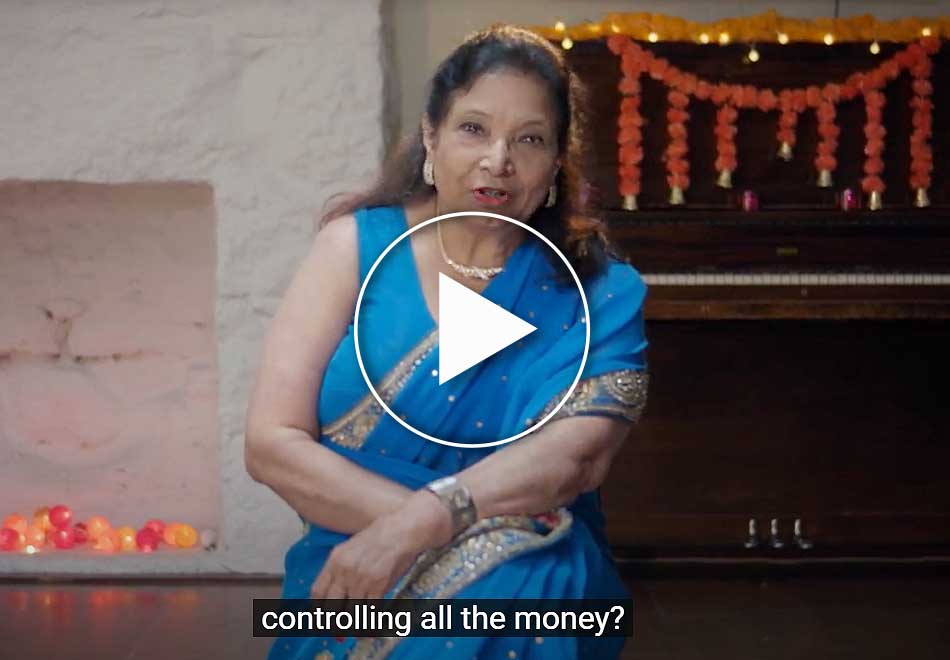
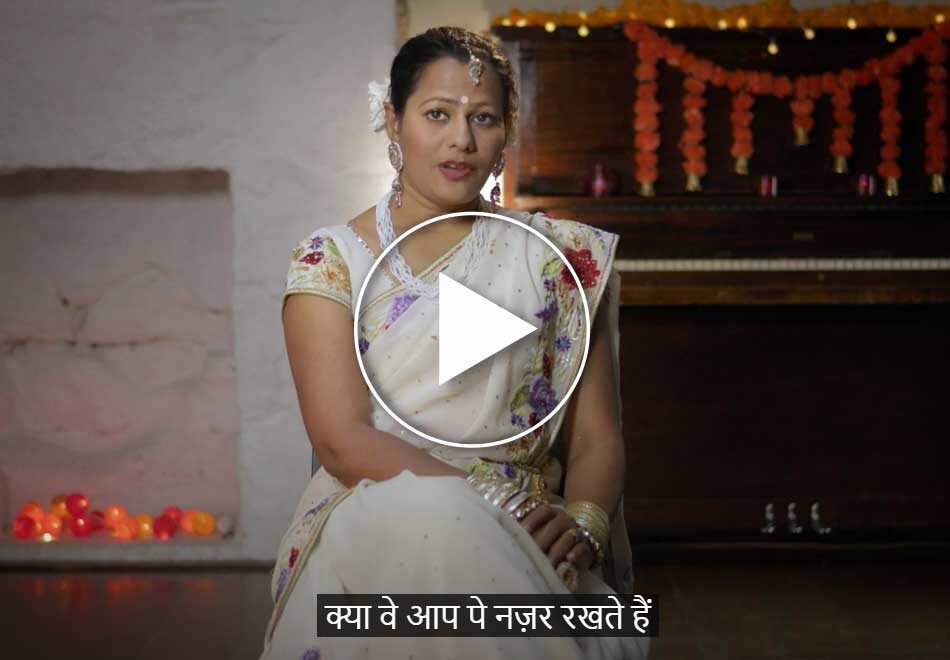
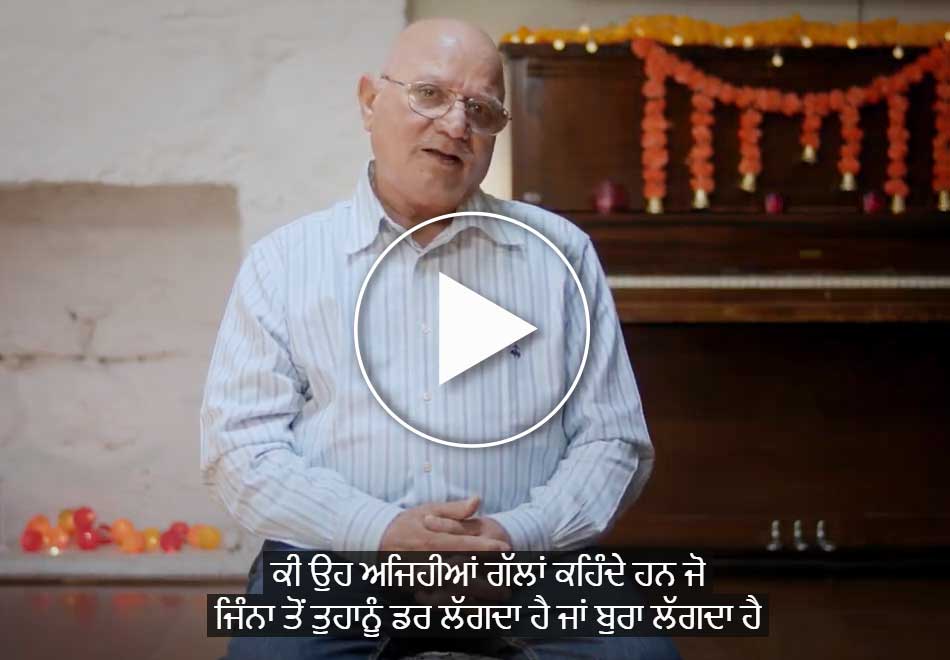
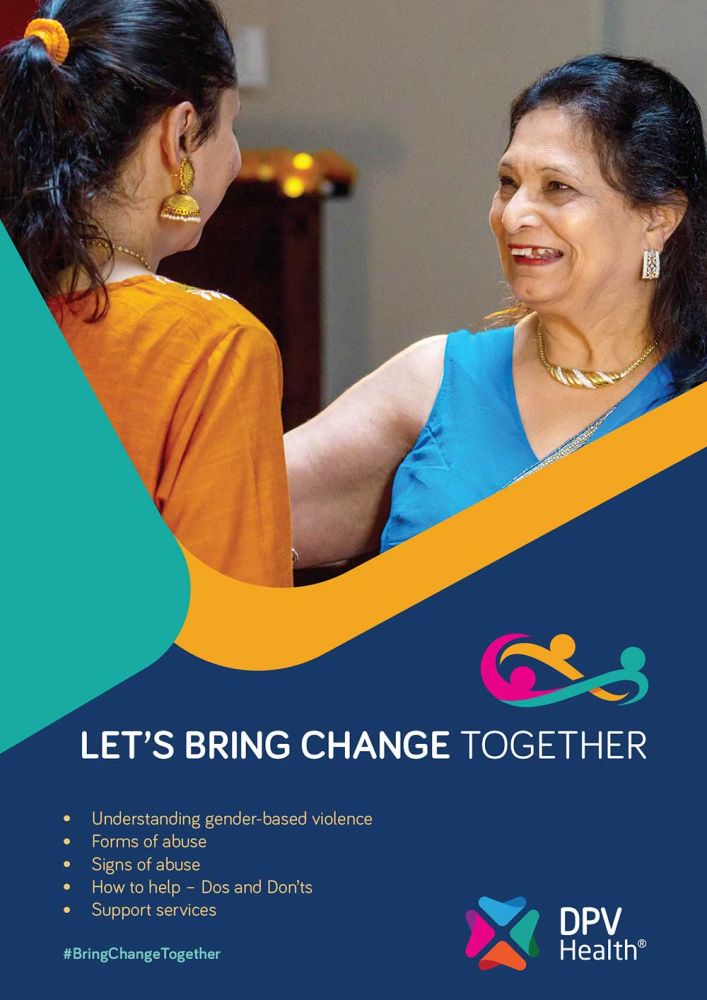
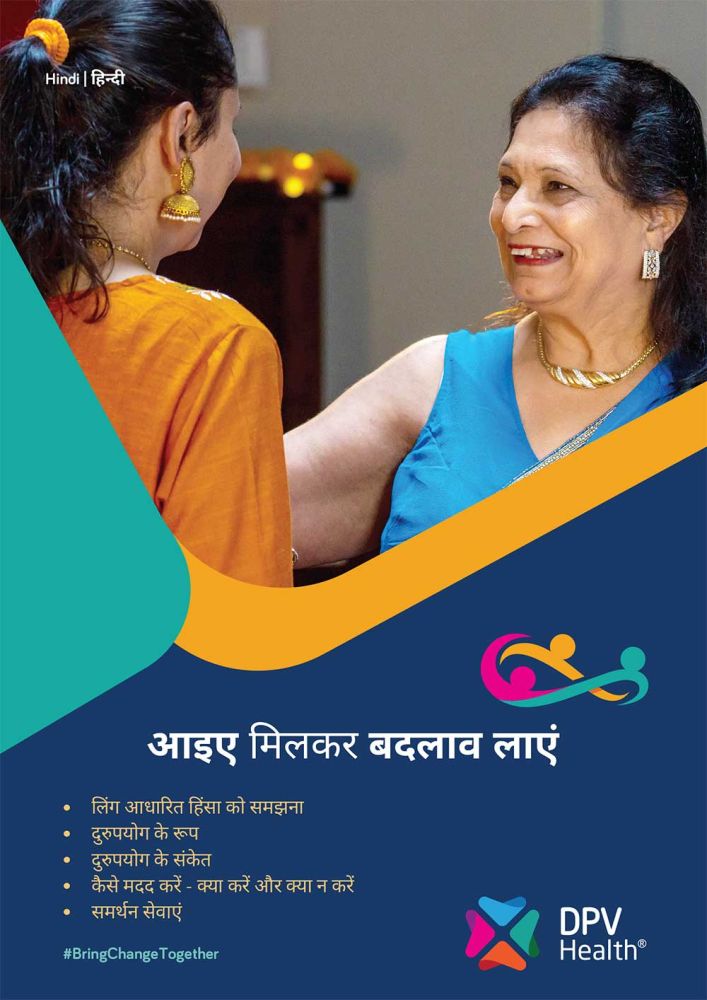
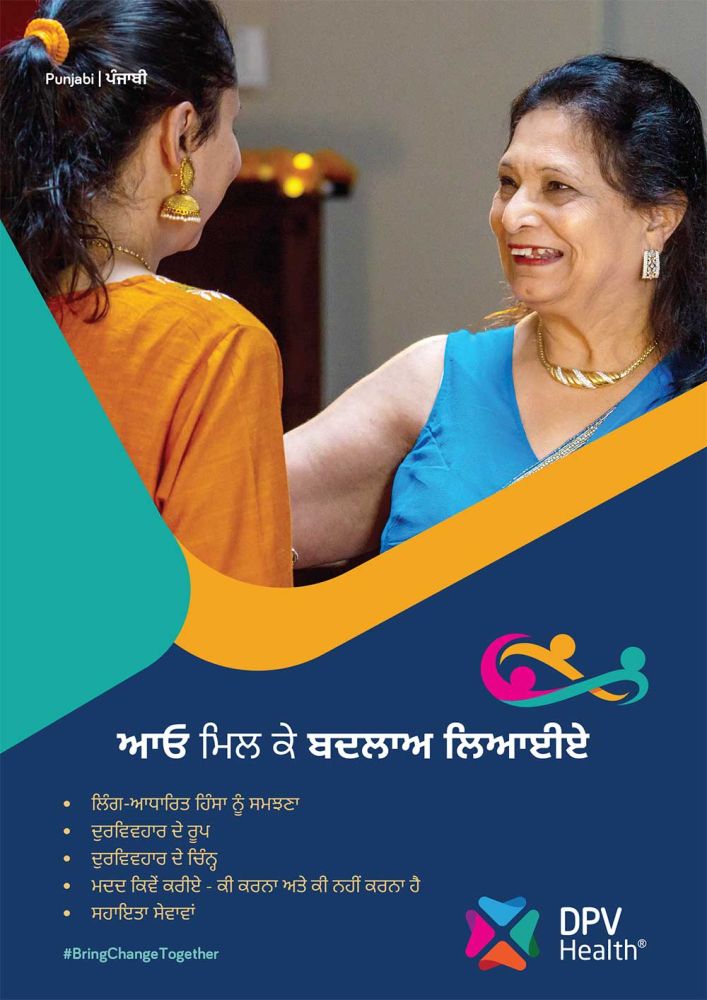
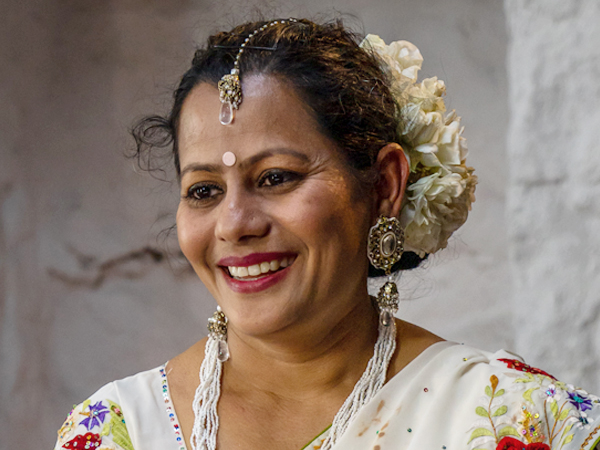
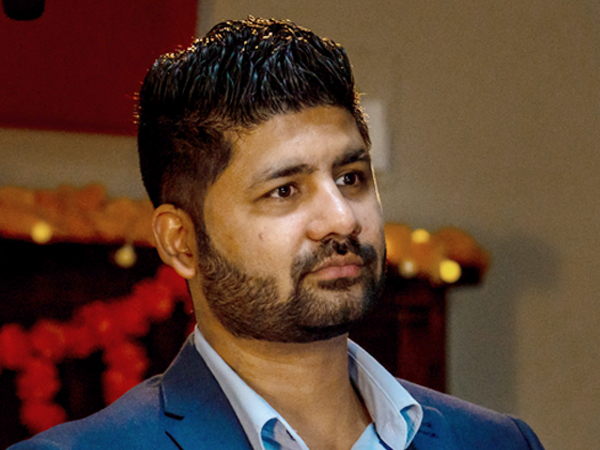
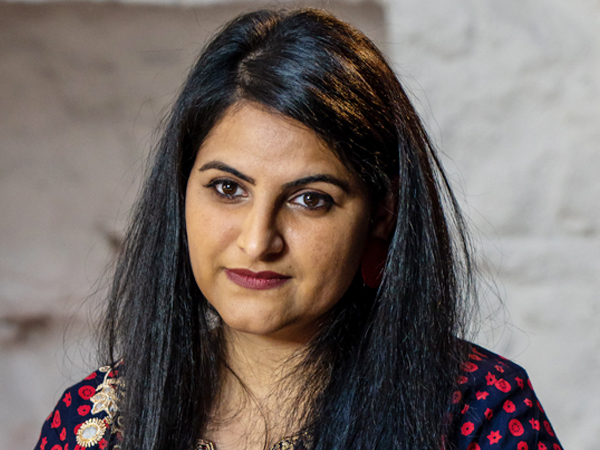
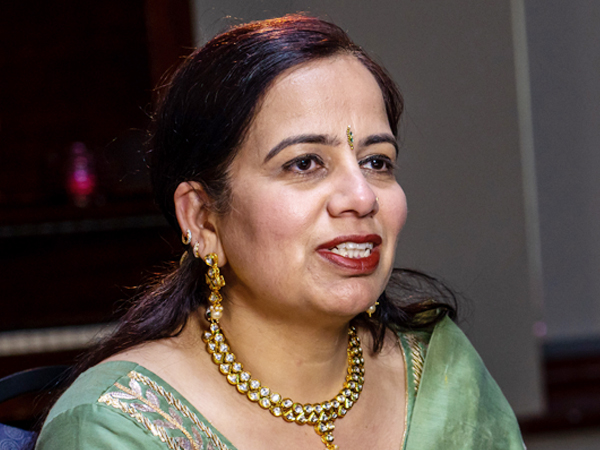
 Language
Language